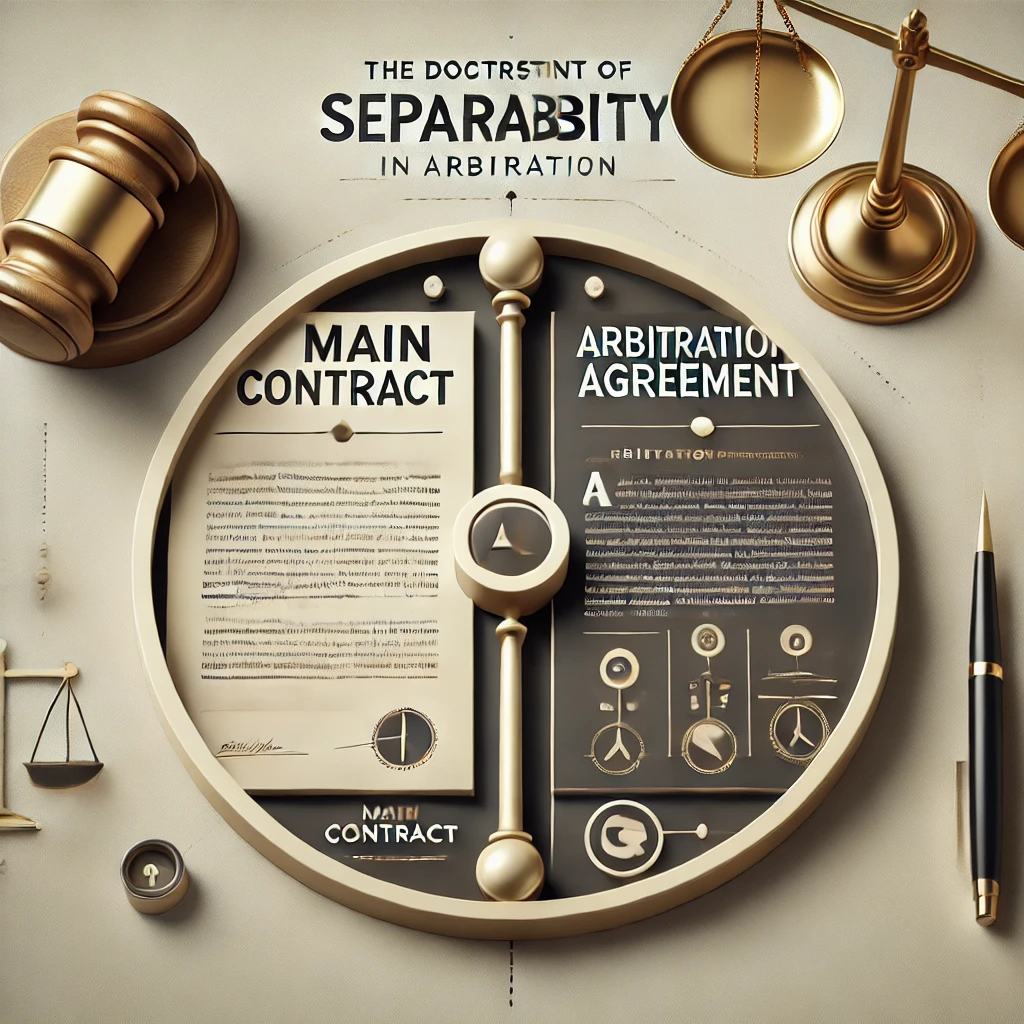Introduction
From the commencement of a suit to its conclusion, there are some vital processes which if not properly dealt with could lead the suit to nullity in the course of trial. One of these vital processes is the issue of signing of court processes. All the Rules of courts in Nigeria always make provisions that court processes shall be signed by a legal practitioner. The issue of signing of court processes is so fundamental to the extent that failure of which will claim a nullity to the court processes filed. Owing to the significance of signing of court processes, issues often arise as a result of non-signing, improper signing or signing by a wrong person. Courts have given judicial pronouncement and declaration in most cases on some of these issues. In this legal excerpt, the writer shall x-ray the issue of proper name recognized by law in signing court processes.
Who is a legal practitioner?
By dint of section 24 of the Legal Practitioners Act, a legal practitioner is a person entitled in accordance with the provisions of this Act to practice as a barrister or as a barrister and solicitor, either generally or for the purpose of any particular office or proceedings. The most prevalent way of becoming a legal practitioner is by having one’s name on the roll of legal practitioners. Section 2(1) of Legal Practitioners Act asserts that subject to the provisions of this Act, a person shall be entitled to practice as a barrister and solicitor if, and only if, his name is on the roll. Any person called to the Nigerian Bar will have his name entered at the Supreme Court. The roll is kept at the Supreme Court and maintain by the Registrar of the Supreme Court.
Does the name of a law firm denote the name of a legal practitioner?
To appreciate the difference between the name of a firm of legal practitioners and the name of a legal practitioner, the judgments judicially and judiciously pronounced in the case of OKETADE v ADEWUNMI (2010) ALL FWLR (pt. 526) pg. 511 must be read, where per Niki Tobi JSC in the Supreme Court, differentiated thus:
“There is a big legal difference between the name of a firm of legal practitioners and the name of a legal practitioner simpliciter. While the name of Olujimi & Akeredolu is firm with some corporate existence, the name of a legal practitioner is a name qua Solicitor and Advocate of the Supreme Court of Nigeria which has no corporate connotation. As both carry different legal entities in our jurisprudence of parties, one cannot be a substitute for the other because they are not synonyms. It is clear that Olujimi & Akeredolu is not a name of a legal practitioner. I say this because there is no such name in the roll of legal practitioners and that violates sections 2(1) and 24 of the Legal Practitioners Act. By section 2(1) of the Act, the only person in the profession bearing his professional name to practice law in Nigeria is a legal practitioner in section 24 of the Act and it does not include Olujimi and Akeredolu.”
Proper name recognized by law in signing court processes
According to Black’s Law Dictionary (9th Edition), court process refers to summons or writs, especially to appear or respond in court. Also by dint of the High Court (Civil Procedure) Rules 2012 of Lagos State, court process includes writ of summons, originating summons, originating process, notices, petitions, pleadings, orders, motions, summons, warrants and all documents or written communication of which service is required. In view of the foregoing, it could be concluded that court process comprises all documents that would be exchanged between the court and the parties thereto.
It is the position of law that any court process must be duly signed and authenticated by a person whose name is surfaced on the roll of the legal practitioners. That is to say, only legal practitioners who are animate personalities should sign court processes and not a firm of legal practitioners which is inanimate and cannot be found on the roll of legal practitioners. The above position is a direct product of the combined effect of sections 2(1) and 24 of the Legal Practitioners Act. And the birth of the same was affirmed in the Supreme Court decision in OKAFOR v NWEKE (2007) 10 NWLR (pt. 1043)pg. 521 wherein the court held that J.H.C Okolo SAN & Co was not a legal practitioner known to law and such Motion on Notice, Notice of Cross Appeal and Brief of Argument which were signed in the said name were incompetent and liable to be struck out. The above Supreme Court position regarding the proper name recognized by the law to sign court processes has been consistently followed and repeated by both the Supreme Court and Court of Appeal in their decisions subsequent to the case of OKAFOR v NWEKE. The Supreme Court yielded to these demands and constituted a full court in FIRST BANK OF NIGERIA PLC V. ALHAJI SALAMI MAIWADA (2013) 32 WRN 31 wherein the court invited amicus curiae to address the court on the appropriateness of the decision of the court in Okafor v. Nweke. The Supreme Court, after considering the erudite submissions of counsel for the parties and the amicus curiae reaffirmed its decision in Okafor’s case. The Supreme Court further held through per Fabiyi JSC at pg. 66, line 25 – 40 that:
“The purpose of section 2 (1) and 24 of the Act is to ensure that only a legal practitioner whose name is on the roll of this court should sign court processes. It is to ensure responsibility and accountability on the part of a legal practitioner who signs a court process. It is to ensure that fake lawyers do not invade the profession………….”
Notable among the cases are OKATADE v ADEWUNMI (supra); SULAIMAN v SWORD SWEET & CONFECTIONERY (NIG.) LTD. (2009) LPELR – 8749 (CA) and CONTINENTAL SHIPYARD LTD. v EZIOGOLI SHIPPING LTD. (2010) 1 WRN 138.
Does this amount to mere technicality?
It is trite that where technical and substantial justices are at conflict on a position, substantial justice will always have its ways over technical justice. In FADEYI v OWOLABI (2015) ALL FWLR (pt. 798) pg. 816, per Jomobo-Ofo JCA @ 835, paras. C – D affirmed thus:
“Much as the courts are lying emphasis more on substantial justice at the expense of technical justice, I think that we must not lose sight of the fact that we are enjoined to apply substantial justice according to law. Indeed, where technical and substantial justice are competing on a level playing ground, substantial justice will always prevail.”
However, signing of court process is so vital to the extent that it cannot be waived on the ground of mere irregularity/technicality. In FIRST BANK OF NIGERIA PLC V. ALHAJI SALAMI MAIWADA, The court per Chukwuma-Eneh, JSC at page 78, line 5 held that provisions of sections 2(1) and 24 of the Act affect the jurisdiction of the court as a matter of substantive law and not as a matter of procedural law and so as in certain cases they cannot be waived.
Having asserted in law that the proper name to accord signature to court processes is a legal practitioner’s name and not of that legal firm of legal practitioners, this position cannot be found swimming in the pool of mere technicality since it can be construed from a substantive statute of National Assembly.
In FBN v MAIWADA (supra), the Supreme Court held to the effect that the age of technical justice is gone. The current trend is substantial justice. There is nothing technical in applying the provisions of sections 2(1) and 24 of the Legal Practitioners Act as it is drafted by the legislature. One should not talk of technicality when substantive provision of the law is rightly embarked on. Also in FADEYI v OWOLABI (supra), per Denton-West JCA @ 849, paras. C – F held thus:
“While the plight of the respondent is not lost on me, my role as a ‘priest’ to dispense justice in the temple of justice is equally not lost on me. It remains trite law that only legal practitioners who are listed on the rolls of the Supreme Court in accordance with section 2(1) and 24 of the Legal practitioners Act, cap. 207, Laws of the Federation, 1990 can endorse processes meant for the court.
The respondent counsel’s attempt at persuading this honourable court to do substantial justice by treating the issue as a mere technicality may have been well-heeled if indeed was, but it isn’t! The counsel failed to appreciate the attendant fall out of such an action. As rightly pointed out by my learned brother, this seemingly ‘mere technicality’ may on the surface look patent but indeed latent, and prove a fundamental error considering the obvious lack of jurisdictional competence of the lower court………………”
Conclusion
The court processes signed by the firm of legal practitioners are deemed as documents that are devoid of signature and the court process without signing affect the jurisdictional competence of court because a document which is not signed has no origin in terms of its maker. Hence, if it cannot be confirmed that the signatory is a Legal Practitioner, then the process in issue is incompetent and therefore null and void. The consequential effect of signing in firms’ name by the Legal Practitioner is lethal that can lead to striking out of cases which could also lead to loss of the cases because of statute of limitation.

![Saint Lucia confers Highest National Honour on Tinubu [Video]](https://ideemlawful.com/wp-content/uploads/2025/07/Screenshot_20250701-095121-75x75.jpg)





















